'Don't use it!' Officials warn of dangers of 'fake weed' after 2 deaths in Milwaukee County
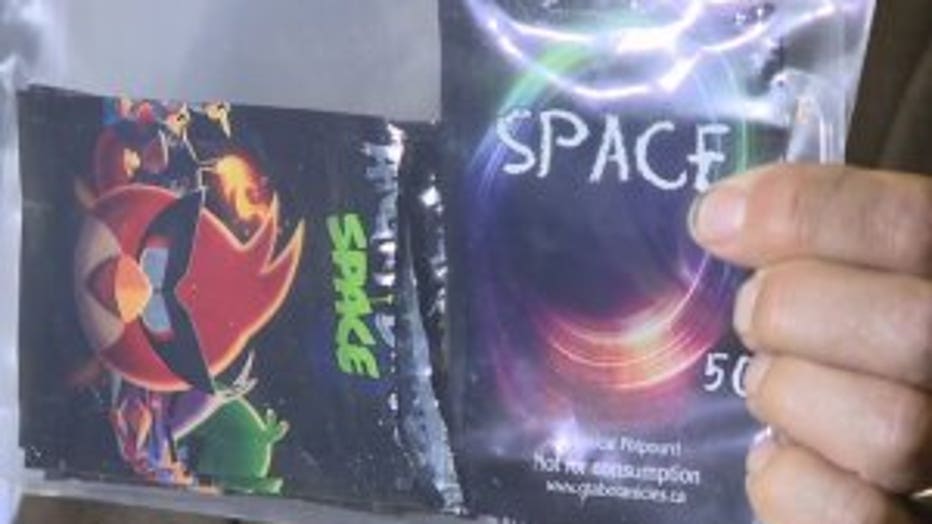
MILWAUKEE COUNTY -- Milwaukee Police Chief Alfonso Morales, Milwaukee County Medical Examiner Brian Peterson and Wisconsin Attorney General Brad Schimel held a news conference on Tuesday, July 3 warning the public of the dangers of synthetic cannabinoids -- often called “fake weed”, “K2” and “spice.” This, after officials say there have been two deaths in Milwaukee County in recent days which may be linked to the use of synthetic marijuana -- a 23-year-old man and a 32-year-old woman.

Brian Peterson
"The kind of person that's poisoned by this stuff is going to tend to bleed out of every orifice," said Peterson. The urgent warning from officials: Don't buy it, don't use it and don't sell it. "If you sell this product and someone dies of it, you're responsible," said Morales.

Brad Schimel
"I’m making an appeal to any retailers who are selling these dangerous synthetic cannabinoids and demanding you pull them off your shelves immediately. While it is too early to attribute the two most recent deaths to synthetic cannabinoids, evidence at the scene and symptoms exhibited by the victims point to synthetic cannabinoids likely being involved. If, after our investigation concludes, we determine the source of the substances involved are synthetic cannabinoids, we will work to prosecute anyone involved in delivering these deadly drugs.” said Attorney General Brad Schimel in a news release. On June 25, officials with the Milwaukee Health Department noted that the number of cases of severe bleeding linked to the synthetic marijuana products had doubled in Milwaukee, and they warned that there have been products laced with rat poison here.
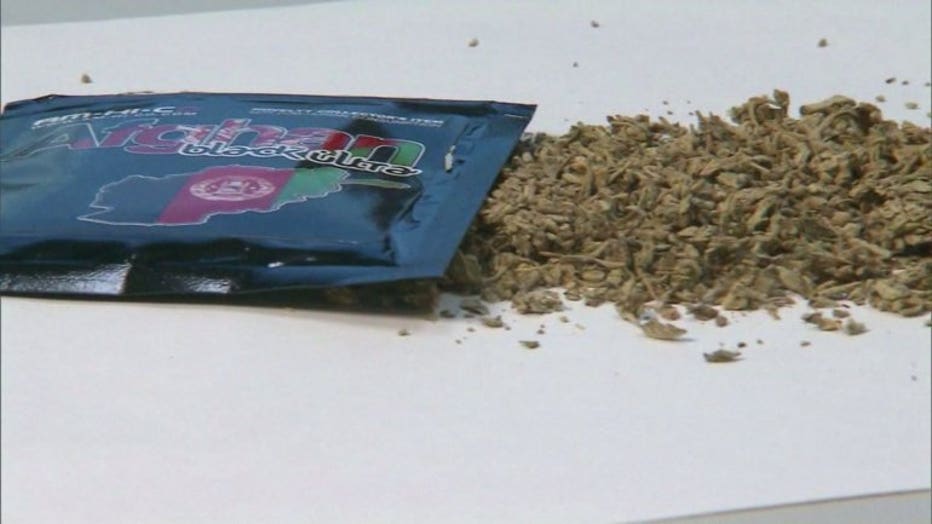
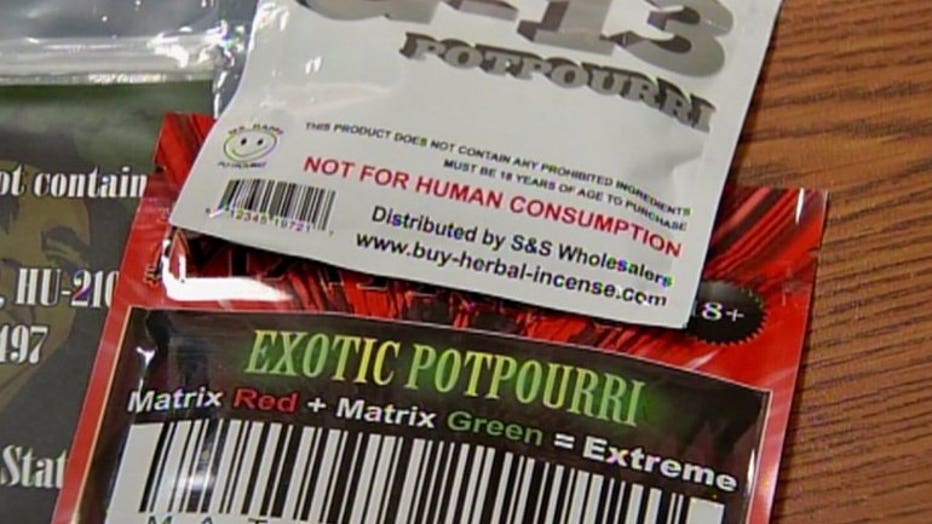
Officials are waiting on toxicology reports for the official causes of death in the two Milwaukee County cases possibly linked to the products -- but they're not waiting to warn the public. According to the news release from Schimel and the DOJ, although the exact cause of death has not been confirmed yet in the Milwaukee-area cases, the victims’ symptoms and initial law enforcement investigation indicate that the use of synthetic cannabinoids, laced with rat poison, resulted in the victims bleeding to death.

Alfonso Morales
"This is a drug where we're still trying to understand. It's illegal and we will shut you down for this. If you sell this product and someone dies from it, you are responsible. You have a lot to lose by selling this product... we're taking this very serious. At the end of the day, just because you see it on the internet -- because you may see it at a corner store -- we don't know what's in it. Please stay away from it and don't use it," said Chief Morales. According to the news release from Schimel and the DOJ, the Wisconsin Department of Health Services released a warning on June 21 as use of synthetic cannabinoids resulted in more than a dozen requiring hospitalization for severe bleeding.
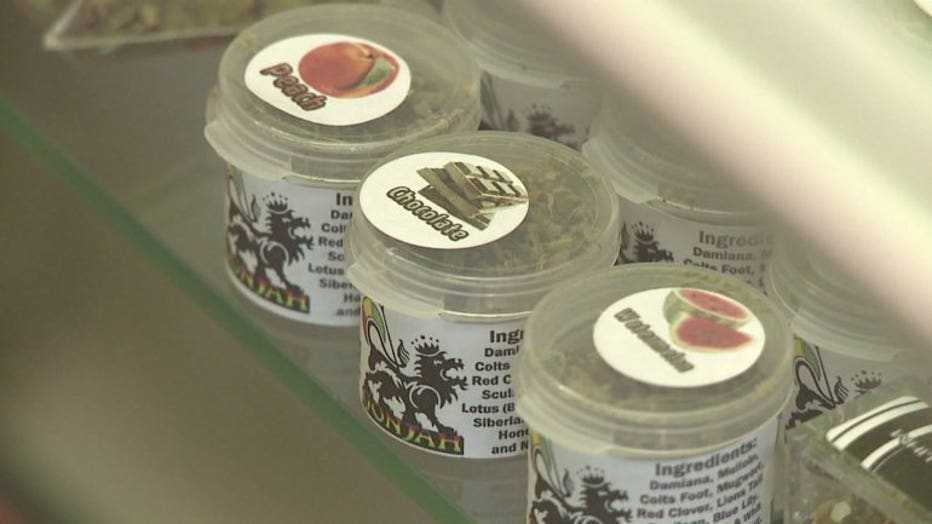
The CDC has also issued warnings of severe bleeding and death related to the use of synthetic cannabinoids, as the cases have increased across the country. Illinois has had more than 160 cases and at least four deaths related to these drugs. The cases in Illinois were tested at a lab and found to be positive for Brodifacoum, which is a highly toxic chemical found in rat poison, the release says. If you or someone you know experiences unexpected and prolonged bruising or bleeding, particularly with minimal trauma (such as shaving or brushing teeth), contact the Wisconsin Poison Center for guidance at 1-800-222-1222 or CLICK HERE. People who have used these drugs and experience severe or unexplained bleeding or bruising should call 9-1-1 or have someone take them to an emergency department immediately.
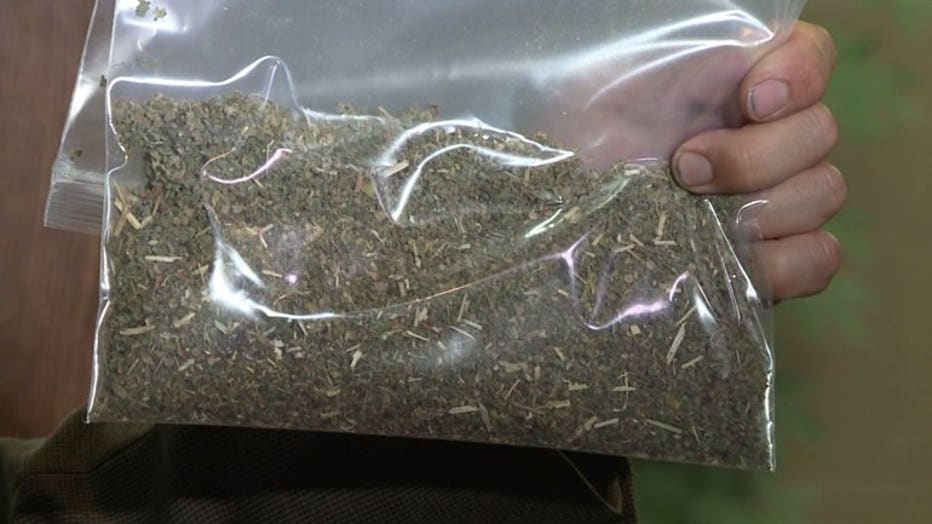
If you have used these products and are not bleeding, you should still see a health care provider, as Brodifacoum can accumulate and remain in your system for a long period of time, and could still cause bleeding. Synthetic cannabinoids can be found across the U.S. in convenience stores, gas stations, drug paraphernalia shops, novelty stores and online. If you see them being sold, please contact law enforcement.

The DOJ release notes that persons or businesses who manufacture or sell these products may be subject to civil and/or criminal penalties and imprisonment. The DOJ recently resolved two cases involving retailers involved in the sale of synthetic cannabinoids and has one case pending. In one of the cases, a retailer was subject to a judgment that bars the retailer from selling or assisting in the sale of synthetic cannabinoid substances and requires them to pay $1,283,000 in civil forfeitures, assessments and costs. Synthetic cannabinoid products are sold under various names including:
CLICK HERE to learn more from the CDC.

